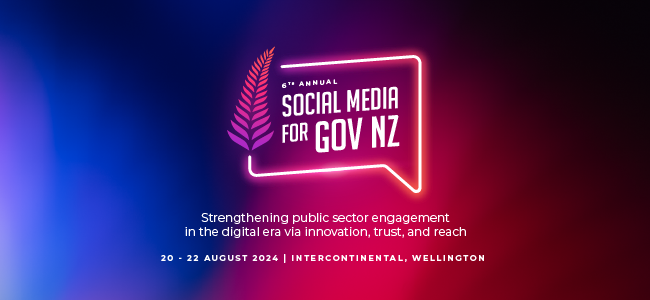With Russia blocking access to online platforms in its efforts to control the narrative on its invasion of Ukraine, Twitter has launched a Tor version of its site to bypass the Russian Government’s surveillance and censorship.
The Russian Government has been clamping down on the media sector by passing a law that will punish those for spreading “fake news” with up to 15 years of imprisonment and only allowing Kremlin-approved news to be shared.
And as Moscow blocked access to Facebook and limited Twitter to control the information about its war with Ukraine, Twitter has set up a Tor service to get around Russia’s restrictions.
Tor, known as an “onion” service, will allow users to access the new version of Twitter through their browser. Tor’s browser allows people to access sites on what is also referred to as the “dark web”. Instead of .com, onion sites have a .onion suffix.
While regular websites are still accessible on Tor, the .onion versions of the sites were made specifically for Tor to prevent the site from being spoofed by malicious actors.
Cybersecurity expert and designer of the Enterprise Onion Toolkit, which makes deploying Tor onion services easier, Alec Muffett announced the official Tor onion service version of the website on his Twitter.
“This is possibly the most important and long-awaited tweet that I’ve ever composed,” he tweeted.
“On behalf of Twitter, I am delighted to announce their new Tor Project onion service.”
Mr Muffett assisted Twitter engineers in adopting onion services and networking from The Tor Project. He stated that this will help provide greater privacy, integrity, trust, & “unblockability” for people who use the platform to communicate.
While the term “dark web” connotes illegal sites such as the now-defunct Silk Road drug market, it is also often used by people seeking to remain anonymous for their safety and also to access sites censored by repressive governments.
Facebook has also said that they are working on restoring access to people inside Russia even as they restrict the country’s state media from their services.
Facebook and other sites such as the BBC also have versions accessible on Tor.
This article was first published on Public Spectrum
Post Views: 28
Eliza Sayon is an experienced writer who specialises in corporate and government communications. She is the content producer for Public Spectrum, an online knowledge-based platform for and about the Australian public sector.




























